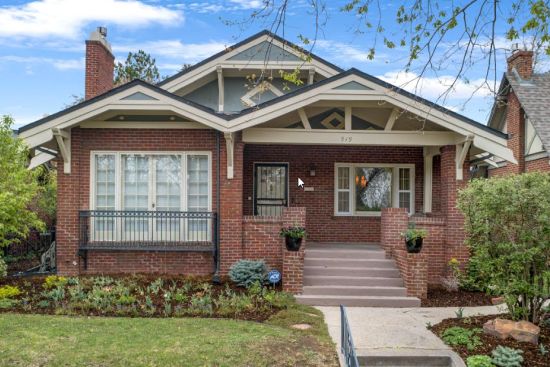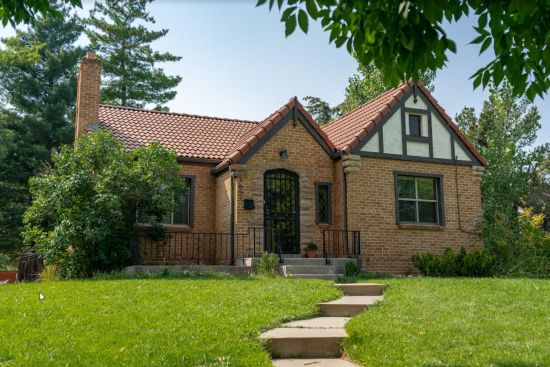Five Ways to Become a Landlord on Someone Else’s Money

Ever thought about becoming a landlord? You know that this would be a great time to get into investing. You know that mortgage rates are down. You know that the millions of people losing their homes to foreclosure can’t stay on their mother-in-law’s couch much longer. And you know that sellers are bargaining when a buyer finally does walk through the door.
Why not buy a rental property?
Yes, I know. You’re thinking:
- I don’t have any money for down payment or fix up costs
- I don’t think I’d make a good landlord
- My credit score is too low to qualify for a loan
- My investment adviser says she doesn’t offer that
Moving your account to a Self-Directed administrator who will facilitate such an investment is easy – getting your head around the rules regarding IRA purchase of property is a little harder.
The first thing you need to do is look at your IRA (or 401k) as a separate person or entity. If it’s easiest just call your IRA, “good old Uncle Ira.”
Uncle Ira can buy you real estate, and Uncle Ira can hold it for you. Uncle Ira pays all of the expenses out of his pocket for any work that needs to be done, and Uncle Ira pays the mortgage, if there is one. Uncle Ira also gets all of the potential gain in the future. The money from the rent and the appreciation all go into his wallet.
Being a dutiful niece or nephew, you’re going to help out Uncle Ira around his place. You’ll handle getting it rented (but make sure the tenant knows which address to send the rent checks to), you’ll coordinate any repair work needed (don’t pay for any of it out of your pocket.) And when the time comes to sell it, you’ll choose which Real Estate Broker to hire to list and sell the property, and Uncle Ira will pay the Realtor’s fee.
This is not a new provision to the tax code, it has been allowed since the inception of the rules stating what types of investments can be held in retirement accounts. Here are the basic rules in nutshell:
- You can’t use the property personally.
- Lineal relatives are disqualified persons (i.e. children or parents) and can’t reside in the property. A brother or sister could live there.
- You can mortgage the property if your retirement account isn’t large enough for a cash purchase. You would use what’s called a “non-recourse” loan. Here in Colorado, First Bank of Colorado issues non-recourse loans. So does North American Savings Bank in Overland Park, Kansas.
- If you’re bumping up against the Fannie Mae/Freddie Mac rule that you can’t own more than 4 investment properties – this is a way to buy a fifth or sixth. This type of purchase doesn’t count against the requirement because it’s Uncle Ira’s purchase, not yours.
- You must place your IRA or 401k money in a self-directed account with a self-directed account administrator. Most fund managers do not offer this service because they’d rather put you into a mutual fund and call it a day. You are allowed to move your IRA or 401k money to another administrator. I’ve recently met with Patrick Hagen at The Entrust Group. Patrick, or any of the other staff at this small and very responsive firm can answer all of the questions that aren’t answered here. Their web site is https://www.theentrustgroup.com/ Patrick’s email address is phagen[at]ndira.com.
After you’ve had the chance to talk to Patrick, contact me and we’ll start searching for your first rental property for Uncle Ira. You should choose a Real Estate professional who knows a little about this, because there are very specific rules about filling out the purchase contract.
Being a landlord isn’t that hard, and you can watch your IRA grow much faster than it would in a mutual fund!



